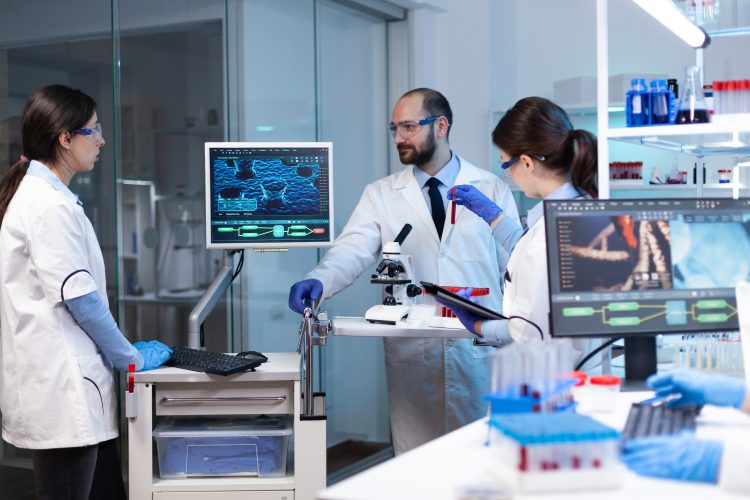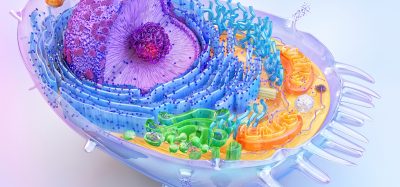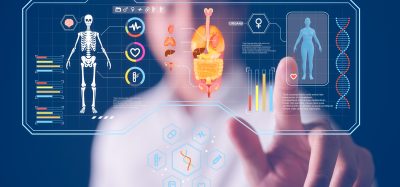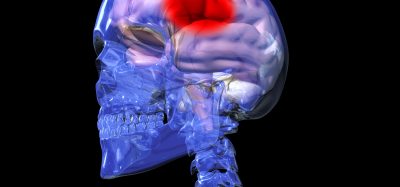New UCD centre targets the biggest bottleneck in rare research
Posted: 29 May 2025 | Drug Target Review | No comments yet
The world’s first translational research center dedicated to urea cycle disorders (UCDs) has been launched in Zürich, marking a significant moment in rare disease innovation.


In a major step forward for rare disease research, the Citrin Foundation and the University of Zürich, in collaboration with the UZH Foundation, have announced the launch of the UCD Translational Center, University of Zürich – Citrin Foundation. This is the world’s first centre solely dedicated to translational research in urea cycle disorders (UCDs).
Housed within the Children’s Research Center at the University Children’s Hospital Zürich, this initiative aims to close the gap between scientific discovery and real-world therapeutic delivery in one of the most underserved areas of rare metabolic disease. With a ten-year, CHF 10 million commitment from the Citrin Foundation, the Centre promises to turn scientific potential into patient progress.
Bridging the “valley of death” in rare disease innovation
Despite rapid advances in rare disease science, few innovations make it to clinical application. Promising research often stalls in the “valley of death”, the gap between laboratory findings and clinical therapies, due to systemic fragmentation, limited funding, small patient populations, and a lack of cohesive strategy.
Automation now plays a central role in discovery. From self-driving laboratories to real-time bioprocessing
This report explores how data-driven systems improve reproducibility, speed decisions and make scale achievable across research and development.
Inside the report:
- Advance discovery through miniaturised, high-throughput and animal-free systems
- Integrate AI, robotics and analytics to speed decision-making
- Streamline cell therapy and bioprocess QC for scale and compliance
- And more!
This report unlocks perspectives that show how automation is changing the scale and quality of discovery. The result is faster insight, stronger data and better science – access your free copy today
Despite rapid advances in rare disease science, few innovations make it to clinical application.
The new UCD Translational Center is built from the ground up to overcome these barriers. By aligning researchers, clinicians, infrastructure, and patient advocates under one coordinated ecosystem, the centre aims to transform the translational landscape for UCDs and set a precedent for other rare conditions.
“The science is moving fast- but unless we build the infrastructure to carry it forward, patients won’t see the benefit,” said Barbara Yu, Co-Founder and President of the Citrin Foundation. “This Center brings together the right people, the right environment, and the long-term commitment needed to bridge that gap. It’s about funding and accelerating thoughtful and patient-focused research that will reach the clinic, making a real difference in their lives.”
Focused research with broad impact
Under the leadership of Professor Johannes Häberle, an internationally recognised expert in urea cycle disorders and metabolic diseases, the Center will focus on high-impact translational research. Core areas of priority include:
- Multi-omic biomarker discovery
- Liver metabolic function research
- Development of novel therapies, including gene therapy
- Clinical trial readiness
The centre will address the full range of UCDs using citrin deficiency, a complex, inherited condition, as a strategic starting point. Shared mechanisms across UCDs make a unified translational approach both feasible and impactful, enabling efficiencies that are important in rare disease research.
“We’ve made enormous scientific strides in recent years, but to make a difference for patients, we need to bring discovery and delivery closer together,” said Professor Häberle. “This Center is structured to do exactly that- through rigorous science, through clinical understanding, global collaboration and shared commitment.”
A global blueprint for translational success
Described as more than a research initiative, the centre is a strategic model for closing the rare disease translation gap. From inception, it integrates discovery, development, infrastructure, and patient engagement, ensuring that scientific breakthroughs are not only achieved, but translated into meaningful clinical solutions.
“This Center exemplifies how science should serve medicine, by ensuring discoveries are not only made but applied meaningfully” noted Professor Sir John Walker, Nobel Laureate and Chairman of the Citrin Foundation’s Scientific Supervisory Board. “What is being built here in Zürich has the potential to transform the way we think about translating complex biology into clinical solutions.”
This Center exemplifies how science should serve medicine, by ensuring discoveries are not only made but applied meaningfully
Co-Founder of Citrin Foundation Yen How Tai echoed this sentiment, saying: “This Center is a blueprint for how rare disease research can and should work. We’re combining focused science with systems thinking, and making the long-term investment needed to align discovery, infrastructure, and patient voices from the start. We hope this becomes a model that others can adapt- creating lasting change across the rare disease field.”
The centre officially launched on May 22, 2025, at an event in Zürich featuring global leaders in science, clinical care, and rare disease advocacy.
Related topics
Biomarkers, Clinical Trials, Disease Research, Drug Discovery Processes, Funding, Gene Therapy, Orphan drugs, Translational Science
Related conditions
Rare diseases
Related organisations
Citrin Foundation, UZH Foundation, Zurich University








